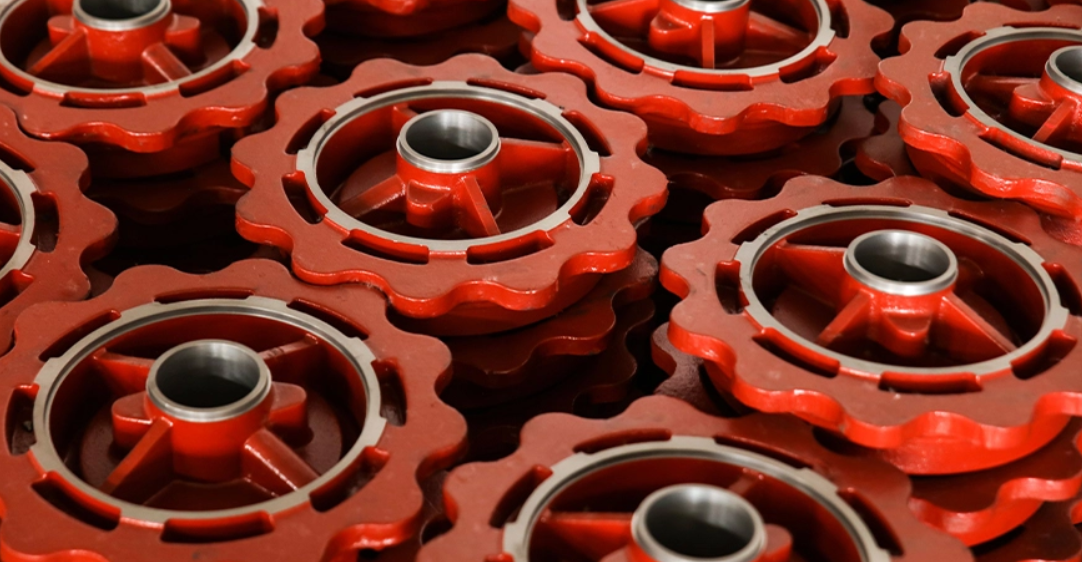Mobile:+86-311-808-126-83
Email:info@ydcastings.com
Understanding the Role of Irrigation Pump Impellers in Efficient Water Delivery Systems for Agriculture
Understanding Irrigation Pump Impellers
Irrigation systems are essential for agricultural advancement, especially in regions where water scarcity is a challenge. At the heart of many irrigation systems lies the irrigation pump, a critical component responsible for drawing water from a source and distributing it to crops. One of the crucial elements of a pump is its impeller. Understanding the role and design of irrigation pump impellers is vital for optimizing irrigation efficiency and improving agricultural productivity.
What is an Impeller?
An impeller is a rotating component within a pump that transfers energy from the motor to the fluid being pumped. In irrigation pumps, impellers play an essential role in creating flow and pressure necessary to move water through the system. They consist of blades or vanes that catch the water as the impeller spins, forcing it outward and generating the desired flow rate and pressure.
Types of Impellers
Irrigation pump impellers come in various designs, each suited for specific applications
. The most common types include1. Closed Impellers These have blades positioned between an upper and lower shroud. They provide high efficiency and are ideal for clean water applications. Closed impellers are widely used in centrifugal pumps for irrigation due to their excellent performance.
2. Open Impellers In contrast, open impellers do not have a shroud over the blades. This design allows for handling solids and is often used in wastewater applications. While they are less efficient than closed impellers, they are beneficial for moving water mixed with debris.
3. Semi-Open Impellers These are a hybrid of closed and open designs. They have one shroud covering part of the blades. Semi-open impellers offer a balance between efficiency and the ability to handle solids, making them suitable for certain irrigation scenarios.
irrigation pump impeller

Importance of Impeller Design
The design of an impeller directly influences the pump's performance. Factors such as blade shape, size, and number affect the pump's efficiency, flow rate, and pressure output. A well-designed impeller will maximize hydraulic efficiency and reduce energy consumption, which is critical for farmers looking to minimize operating costs in their irrigation systems.
For example, the angle at which the blades are set can optimize the flow characteristics. A design that minimizes turbulence while maximizing lift will enhance the system's overall performance. Additionally, materials used for the impeller's construction can impact durability and corrosion resistance, especially in environments where water quality may be suboptimal.
Maintenance of Impellers
Regular maintenance of irrigation pump impellers is crucial to ensure their longevity and efficiency. Over time, impellers can degrade due to wear and tear from sand and other particulates in the water. Routine inspections and cleaning can mitigate these issues, preventing costly repairs or replacements.
Additionally, farmers should be aware of signs of impeller failure, such as unusual noises, decreased pressure, or inconsistent flow rates. Addressing these issues promptly can prevent more significant system failures and ensure that irrigation systems function optimally during critical growing periods.
Conclusion
In conclusion, irrigation pump impellers are a key component in effective water management for agriculture. Understanding their design, types, and maintenance needs can help farmers select the right pump for their specific irrigation requirements. As agriculture continues to adapt to climate variability and water scarcity, optimizing irrigation systems through efficient pump operation will play a significant role in ensuring food security and sustainable farming practices. Investing in high-quality impellers and maintaining them diligently can lead to long-term benefits for agricultural productivity and resource management.
-
Why Should You Invest in Superior Pump Castings for Your Equipment?NewsJun.09,2025
-
Unlock Performance Potential with Stainless Impellers and Aluminum End CapsNewsJun.09,2025
-
Revolutionize Your Machinery with Superior Cast Iron and Aluminum ComponentsNewsJun.09,2025
-
Revolutionize Fluid Dynamics with Premium Pump ComponentsNewsJun.09,2025
-
Optimizing Industrial Systems with Essential Valve ComponentsNewsJun.09,2025
-
Elevate Grid Efficiency with High-Precision Power CastingsNewsJun.09,2025











